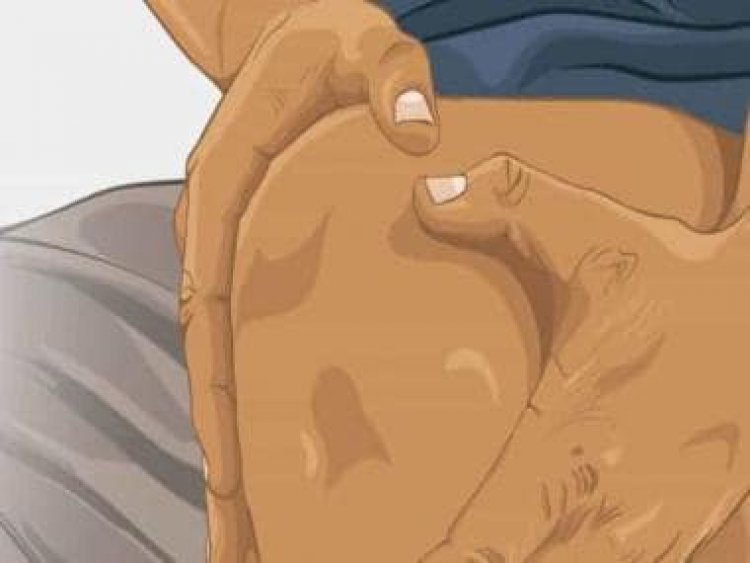How younger generations can benefit from addressing joint pain at the right time
How younger generations can benefit from addressing joint pain at the right time

Generally, joint pain is related to people of older age, and it does not influence youngsters. However, joint pain may also be seen in the younger population. Experiencing joint pain at the age of 20s or 30s is exceptionally normal these days as youngsters are prone to unhealthy lifestyle habits like consuming junk food, sedentary routine etc. According to a few studies, India has 14.4 million children with obesity which can possibly be another major cause of bone-related problems like joint pain in the younger population. Additionally, another major cause of joint pain is hereditary factors or genetic predisposition.
What causes joint pain?
There are several causes that can cause joint pain at an early age, which include:
- Sedentary lifestyle
- Poor posture
- Being overweight
- Vitamin D & B12 deficiency
- Hormonal or genetic problem
- Exercising inaccurately or untrained /unsupervised exercising
- Joint injury
- Diabetes or any other severe disease
- Infections (septic arthritis or rheumatic fever)
- Joint dislocation
What are the symptoms of joint pain?
Some of the common symptoms of joint pain are:
- Morning stiffness that lasts more than half an hour
- Swelling and numbness of bones
- Clicking sound in the joints associated with pain
- Weakness
- Joint redness
- Difficulty in walking or in catching motion
- Inflammation in joints
Although the disease affects people all around the world, the good news is that it can be prevented or cured just by taking the right prevention measures.
Prevention
- Do not overexert your body: If you are exercising every day without rest, it might be harmful for the joints. One must take rest days to give the body time to recuperate. People additionally need to ensure that they are working out in the right manner, and they have the right exercise equipment.
- Maintain your weight: Reduce your weight if necessary. This can be an effective approach to reduce joint pain. It allows relaxation of the joints and exerts less strain on them.
- Take care of your body: Physiotherapy helps in strengthening the bones and ensures that right amount of energy is built over time. It is done with a specific goal in mind to ensure that the joint is not put under an excess stress during recovery.
- Maintaining a healthy lifestyle: Poor posture and a lazy lifestyle can be hazardous for your joints. Long office hours with poor ergonomics can make your body and joints stiff, hence it is important to move around and maintain a good posture.
- Give the treatment your body needs: Stiffness is often the root cause of joint pain. A warm/cold compress can assist with easing joint pain to some extent. It should be done at regular intervals as it eases your muscles and allows them to relax.
When to see a doctor?
It is advisable to visit a doctor if you are troubled by constant joint pain which does not heal after adequate rest. Joint pain that lasts for more than 2-3 days should be immediately consulted with your orthopaedic specialist. Basis the diagnosis of the pain, the doctor might suggest physiotherapy sessions. This can also have an impact in preventing future complications. People suffering with joint pain should avoid self-treatment, as joint pain can also be a sign of a more serious condition.
The author is associated with the Department of Orthopaedics, CK Birla Hospital, Gurugram. Views are personal.
Read all the Latest News, Trending News, Cricket News, Bollywood News,
India News and Entertainment News here. Follow us on Facebook, Twitter and Instagram.
What's Your Reaction?



























































